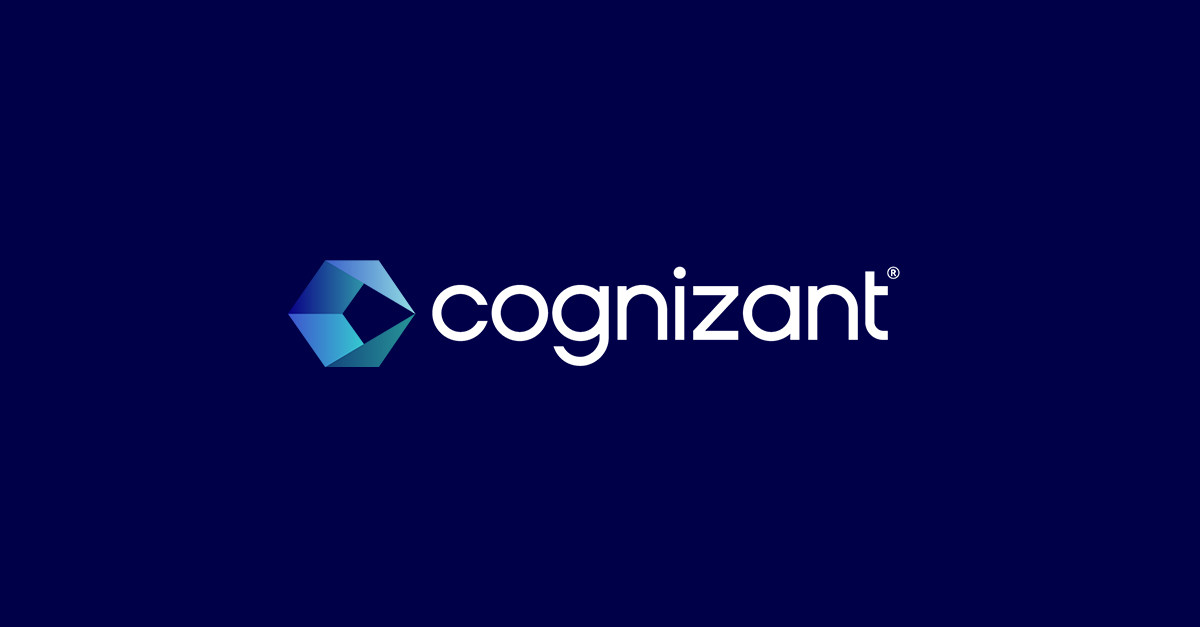New AI tools mean new savings, profits and growth for insurers.
The AI revolution is still in its infancy, but this new technology has already made a mark on the insurance industry. New AI tools are transforming insurers’ day-to-day operations, redefining the customer experience, fattening profit margins and unlocking new vistas of growth.
For those insurers still on the fence about this powerful new technology, the time for action is now. In an industry built to manage risk in an ever-changing world, leaders need to be clear-eyed: When it comes to AI, the greatest risk of all is being left behind.
Efficiency and savings
For all the strangeness and relative newness of artificial intelligence, perhaps the most impactful of its benefits is also the easiest to understand: AI can enhance operational efficiency across the board. Routine tasks such as data entry and policy administration can be quickly and easily automated. This frees up human resources to focus on more complex tasks, and to serve the needs of more customers. This automation leads to significant cost savings, reducing the overall operational expenditure, and boosting the bottom line.
A better customer experience
The digital age has lifted customer expectations and demands to never-before-seen heights. AI can help meet these expectations by providing personalized, efficient customer service. AI-powered chatbots and virtual assistants offer 24/7 support, handling queries and claims with remarkable efficiency—and they’re only getting better. These AI interfaces learn and internalize lessons from every human interaction, improving the quality of service in real time. The result? Higher levels of customer satisfaction and loyalty—crucial for building and maintaining market share in a competitive industry.
Enhanced risk assessment and pricing
Most industries can realize savings and efficiencies from AI tools. For insurance in particular, one difference-maker is AI’s ability to analyze extensive datasets, resulting in more precise risk assessments. Traditional underwriting methods rely on historical data and general statistical models, which are prone to inaccuracy. AI, by contrast, can process complex variables, including emerging trends and real-time data, to offer a more nuanced and accurate understanding of risk. This precision in risk assessment allows for more competitively priced premiums, benefiting insurers and policyholders alike.
Streamlined claims processing
AI-powered automation in claims processing is a true game-changer. Traditionally, claims handling has been labor-intensive and inefficient. AI streamlines the process, shrinking the time from initiation to resolution. It also minimizes the potential human error, ensuring more accurate claims handling. For customers, this means quicker settlements and less hassle, leading to improved satisfaction and loyalty.
Fraud detection and prevention
Fraud, of course, is a persistent challenge for the industry insurance, a reliable source of significant financial loss every year. Or it used to be. AI can already be a formidable tool in detecting and preventing fraud, and it will only get better moving forward. By analyzing patterns and anomalies in claims that might go unnoticed by human investigators, AI systems can flag suspicious activities for further investigation.
Data-driven product development
AI’s ability to analyze vast amounts of customer data is invaluable in creating personalized insurance products. By better understanding customer preferences, behaviors and needs, AI can help insurers design tailored insurance solutions. This not only helps in meeting specific customer needs, but also opens up new markets, offering opportunities for growth and diversification.
Regulatory compliance
Few industries are as heavily regulated as insurance, and maintaining compliance is a constant challenge for insurers. AI can help ensure adherence to regulations with automated checks, and by compiling detailed records that reduce the risk of non-compliance and its associated legal penalties. The result is smoother business operations overall, and a vast reduction in the time and hassle of generating and filing reports with regulators.
Predictive analytics for strategic insights
AI's predictive capabilities extend beyond risk assessment. Insurers can use AI to predict market trends, customer behavior and potential risks, aiding in strategic planning and decision-making. This foresight is invaluable in navigating the complexities of the insurance market and in making informed business decisions.
Optimized marketing and sales
The marketing and sales landscape in insurance is increasingly data-driven. AI helps identify potential customers, personalize marketing strategies and optimize sales channels. This targeted approach results in more effective marketing campaigns and higher conversion rates.
As you can see, the benefits of AI in the insurance industry can be truly transformational. As the technology continues to evolve, the potential for AI for insurance is limitless, promising solutions that are even more innovative, and growth opportunities that can yet not be imagined. Insurers who embrace this technology are not only positioning themselves to maximize competitive advantage, they’re also shaping the future of their industry.




